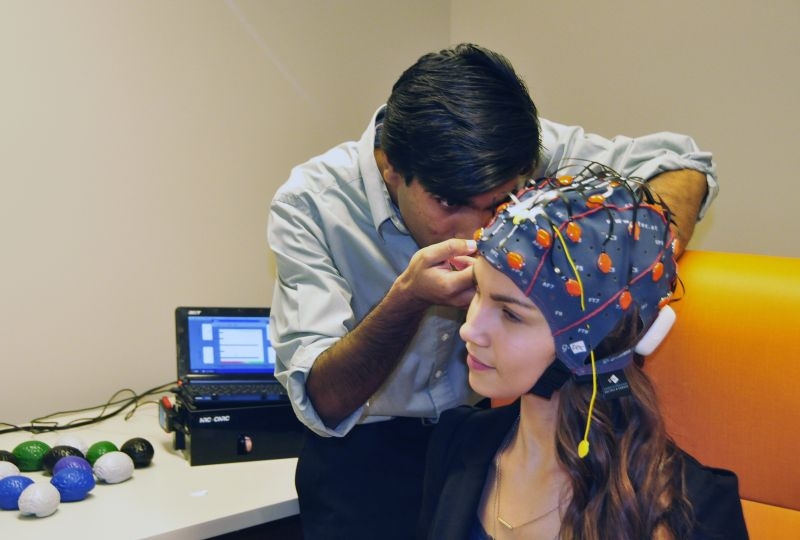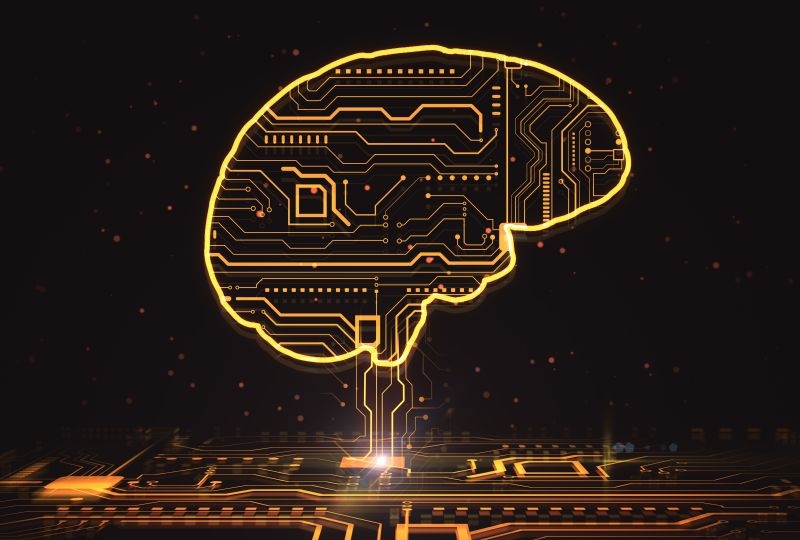4 December 2023
The past decade has seen a major transformation in the development, utility and availability of neurotechnology. Progress in brain mapping tools and machine learning has expanded its application beyond the medicine sphere, reaching the entertainment and lifestyle sectors. In large part, this has been facilitated by corporate actors entering the neurotechnology research, development and production space. This raises myriad concerns regarding possible misuse, emphasizing the necessity of suitable legal regulation. From a human rights perspective, particular concerns include the right to privacy, data protection, as well as employee rights and non-discrimination.
Our new Research Brief The Evolving Neurotechnology Landscape: Examining the Role and Importance of Human Rights in Regulation provides a comprehensive background analysis of the complexities of regulating neurotechnology and the role of human rights in this process.
Authored by Dr Erica Harper, our Head of Research and Policy Studies, the paper marks the inception of our research project on neurotechnology and human rights, conducted in collaboration with the University of Geneva Neurocentre and the United Nations (UN) Human Rights Council (HRC) Advisory Committee.
‘The aim of the paper is to present what is a highly complex topic in an accessible manner, and from this enable meaningful stakeholder engagement. Understanding the forces driving the growth in the neurotech sector, as well as what the technology can, cannot and might do, is critical to identifying priority actions around regulation and safeguarding’ explains Dr Harper.









